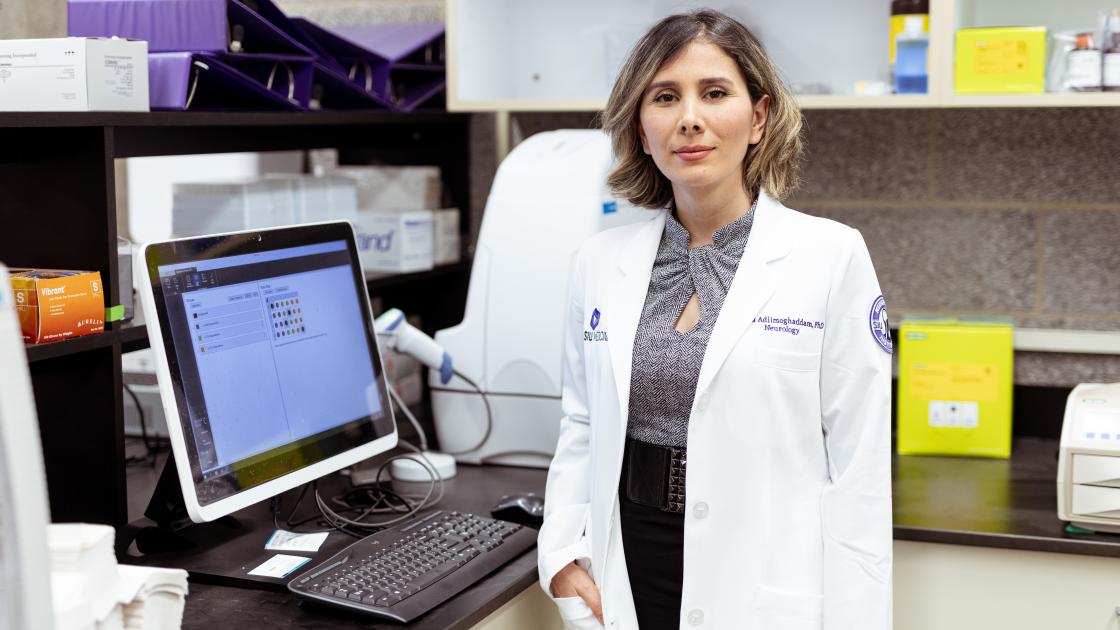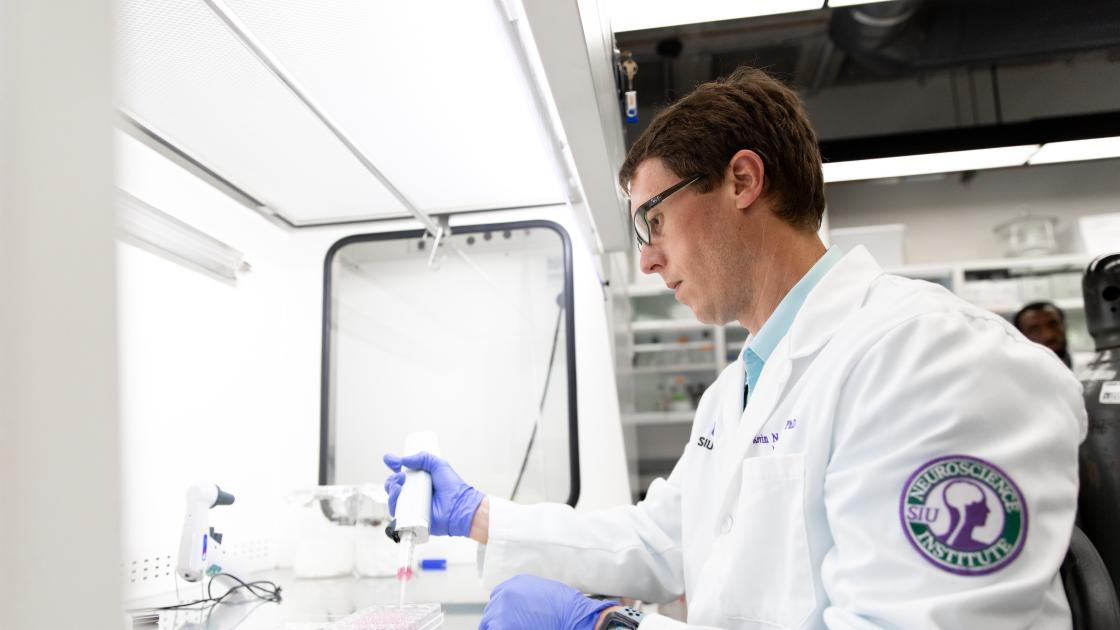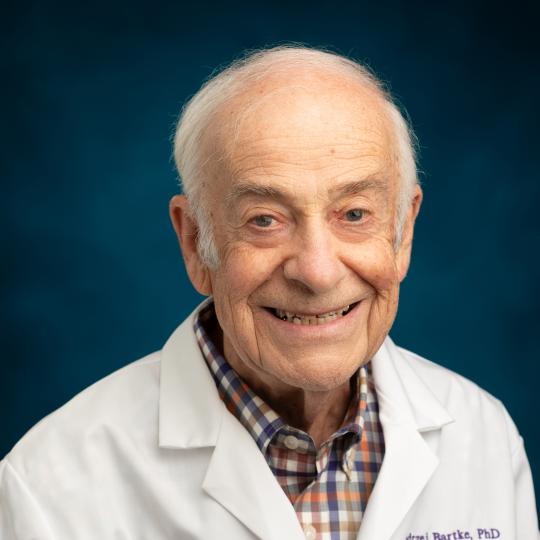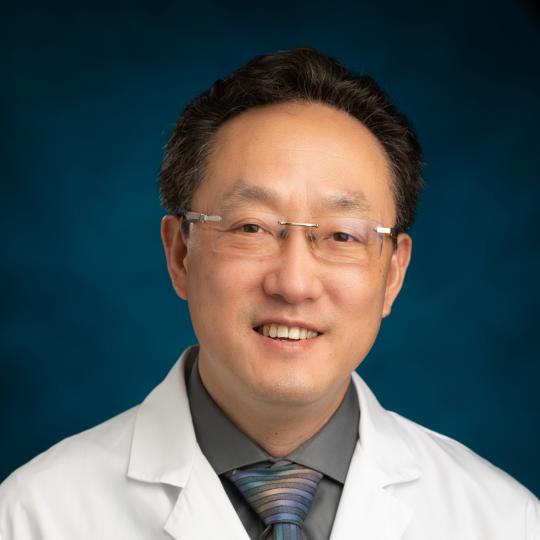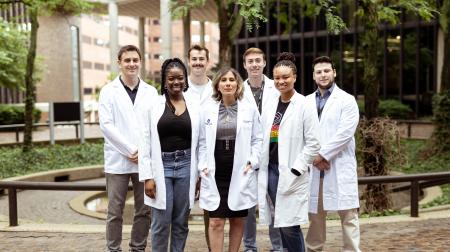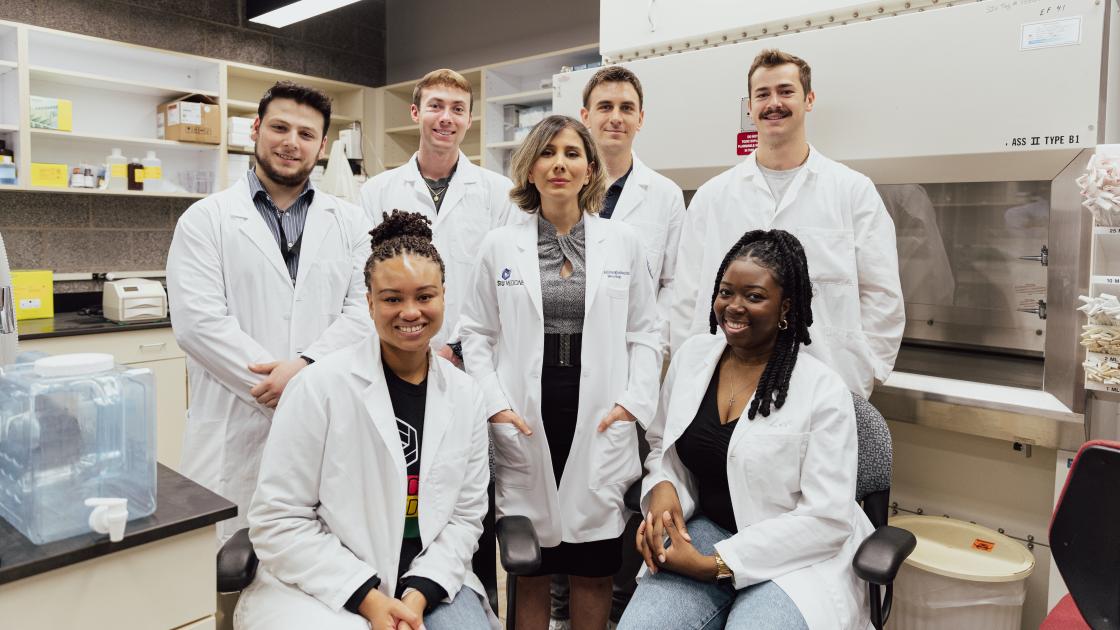
Aida Adlimoghaddam Lab
Overview
Alzheimer's disease (AD) is a multifactorial neurological disorder with no current cure, creating a significant medical demand. Traditional theories attribute AD to the build-up of the toxic protein amyloid beta (Aβ) and the formation of neurofibrillary tangles of tau-protein. However, emerging evidence propose that impaired mitochondrial function and metabolic activity play a crucial role in AD's development and progression.
Our laboratory's primary focus is to explore and uncover effective methods for preventing and treating Alzheimer's disease. To achieve this, we apply different cutting edge methodologies such as cellular and molecular assays (WB, ELISA, Seahorse XF analyzer, Oxygraph-2K, and etc), primary cell culture, electron microscopy, PET/MRI neuroimaging, and behavioural assays to investigate molecular signaling pathways and mechanisms that could be targeted by promising therapeutics to enhance mitochondrial function and brain metabolic activity in neurological disorders, including AD. Our research interests can be applied to various neurological disorders and are not limited to AD.
Contact
Email: aadlimoghaddam72@siumed.edu
Phone: 217.545.7770

Aida Adlimoghaddam, PhD, CRQM Primary Investigator
Research Focus
- Exploring the usage of mitochondrial ‘medicine’ for the treatment of neurological disorders and many other diseases in which mitochondria become dysfunctional.
- Drug repurposing for the treatment of Alzheimer’s disease and other neurological disorders.
- Investigating the effect of various dietary and pharmaceutical interventions for the treatment of Alzheimer’s disease and other neurological disorders




